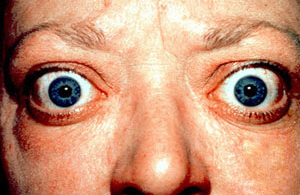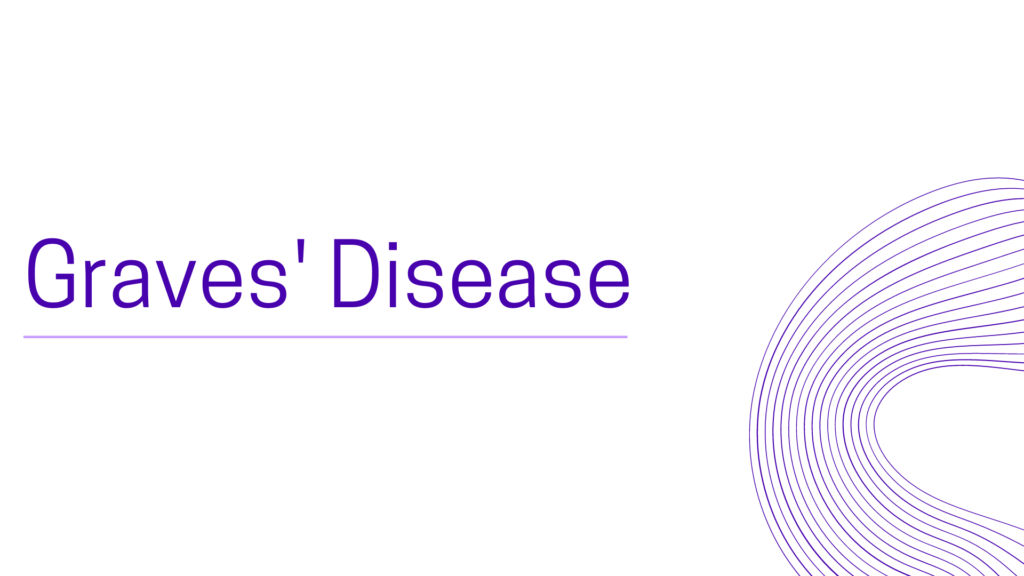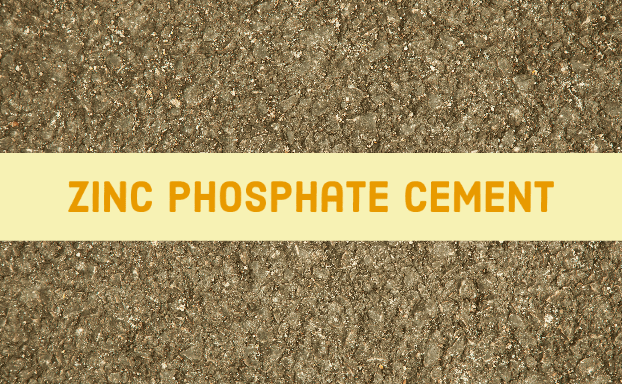In this post we will learn about Graves Disease, its signs and symptoms and its management.
Grave’s disease is an autoimmune disease caused by production of autoantibodies that stimulate TSH(Thyroid Stimulating Hormone) receptor on thyroid cell membrane resulting in excessive synthesis and secretion of thyroid hormone.

Proptosis as seen in Graves Disease. Image Courtesy: Jonathan Trobe, M.D. – University of Michigan Kellogg Eye Center / CC BY (https://creativecommons.org/licenses/by/3.0)
Risk Factors
Gender: Females are more prone than men (10:1 ratio)
Irradiation, eg. radioactive iodine for multinodular goiter
Emotional stress
Pregnancy: iodine-containing drugs
Iodine and drugs: Amiodarone and iodine-containing contrast media may precipitate Grave’s disease
Genetic susceptibility: Role of hereditary factors is evidenced by increased incidence of other autoimmune disorders in members of patient’s families.
Clinical Features
Signs
Warm skin
Tachycardia, atrial fibrilation in elderly
Tremor, hyper-reflexia
Lid lag
Lid retraction resulting in staring look
Proptosis
Exposure keratitis
Ophthalmoplegia
Failure of convergence (Mosbius sign)
Absence of wrinkling on looking upwards
Thyroid ophthalmopathy is a specific feature for Grave’s disease
Symptoms
Polyuria
Diarrhea/Defecation hyperclefecation
Oligomenorrhea
Ocular pressure on pain
Dyschromatopsia
Field loss
Loss of libido
Dyspnea
Loss of vision
Diplopia
Lacrimation
Heat intolerance
Sweating
Weight loss with increased appetite
Xerophthalmia
Puffy eyelids
Proptosis
Eyelid retraction
Investigations
T3 and T4 elevated
Ultrasonography of thyroid shows diffuse goiter
Serum cholesterol is low
I131 uptake is increased i.e. greater than 35% at 5 hours
Low TSH
ECG shows tachycardia, arrthymias, ST-T changes
Management
Treatment for Discomfort
Methylcellulose as artificial tears for dry eyes
Quit Smoking
Dark glasses with side frames
Eye ointment for the night
Medical Therapy
Iodine 131 leads to destruction of thyroid cells along with anti thyroid drugs
Prednisolone 60 mg daily
Reduction of lid edema by sleeping with head slightly raised
Beta blockers as propanolol 80-160 mg daily for 2-3 weeks
Anti thyroid drugs like propylthiouracil 300-450 mg/day, methimazole 100-150 mg 8 hourly,carbimazole 40-60 mg/day
Surgery
Subtotal thyroidectomy is done in severly affected cases. Before surgery patient should be made euthyroid by beta blockers and anti thyroid drugs. Two weeks before the surgery drugs should be stopped and lugo iodine is given to reduce the vascularity.


